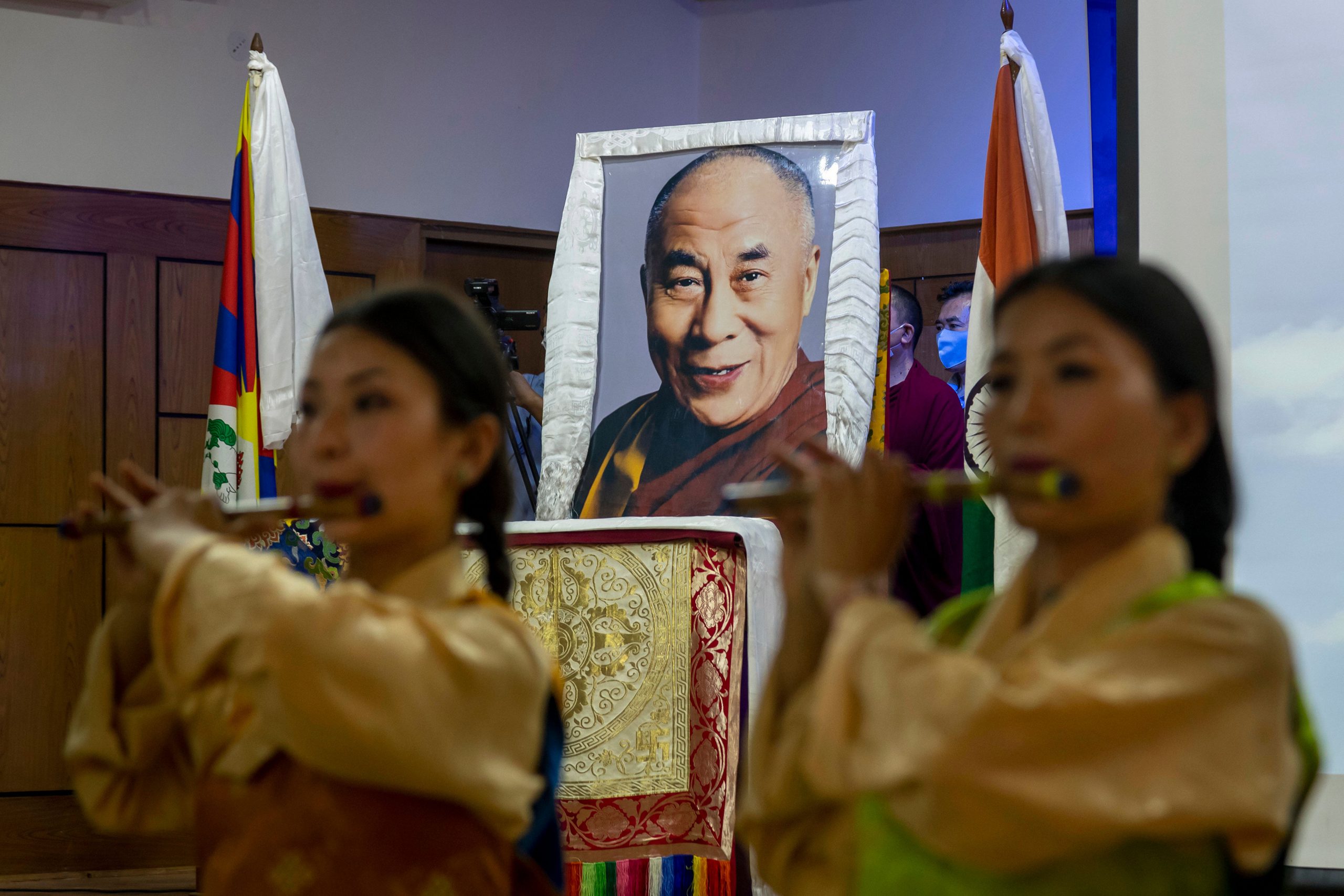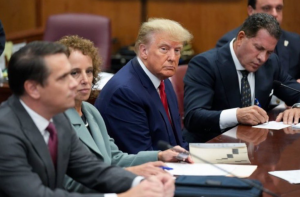President Donald Trump passed a law on Sunday authorising the US
sanctions to be inflicted on Chinese officials in case of the latter interfering
with the selection process of the Dalai Lama for the Tibetan Buddhists, AFP
reported.
The Tibetan Policy and Support Act got substantial response in the US
Congress in the midst of mounting concerns about the 85-year-old current
Dalai Lama’s successor being handpicked by Beijing, and simultaneously an important
cause for greater freedom struggle in the Buddhist region in the Himalayas
disappearing in the hands of the CCP-controlled narrative in the absence of the
characteristic religious figurehead.
Also read: ‘Hong Kong 12’ face trial in China as US presents ‘tyranny’ narrative
The Act, passed by a margin of 392-22, and claimed by China that it “grossly
interferes in China’s internal affairs”, states it to be US policy to oversee
that the selection, education, and veneration of the Dalai Lama are conducted
as “exclusively spiritual matters that should be made by the appropriate
religious authorities within the Tibetan Buddhist tradition”.
Furthermore, the Act states that sanctions will be imposed upon officials
of the Chinese government who “directly interfere with the identification and
installation of the future 15th Dalai Lama of Tibetan Buddhism”, as reported by
AFP.
The legal provision also prevents US from opening any further consulates
in China until it is allowed one in Lhasa, the Tibetan capital.
Also read: Asian markets mixed as Trump signs COVID-19 relief bill
The current Dalai Lama has slowed down his busy travel schedule in
recent years, but is still aware of Beijing’s possible attempts to elect as
Dalai Lama its own appointed successor.
China, in 1995, elected one of its own citizens as Panchen Lama,
another important personality in the Tibetan population, and detained a six-year-old
recognised at the time as the next Dalai Lama, with rights groups terming him
the world’s youngest political prisoner.







